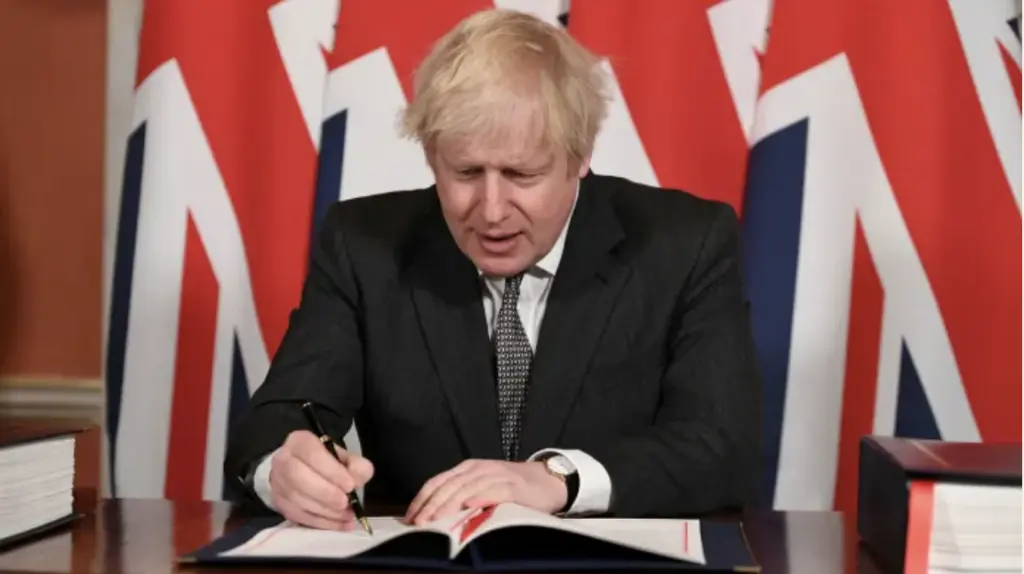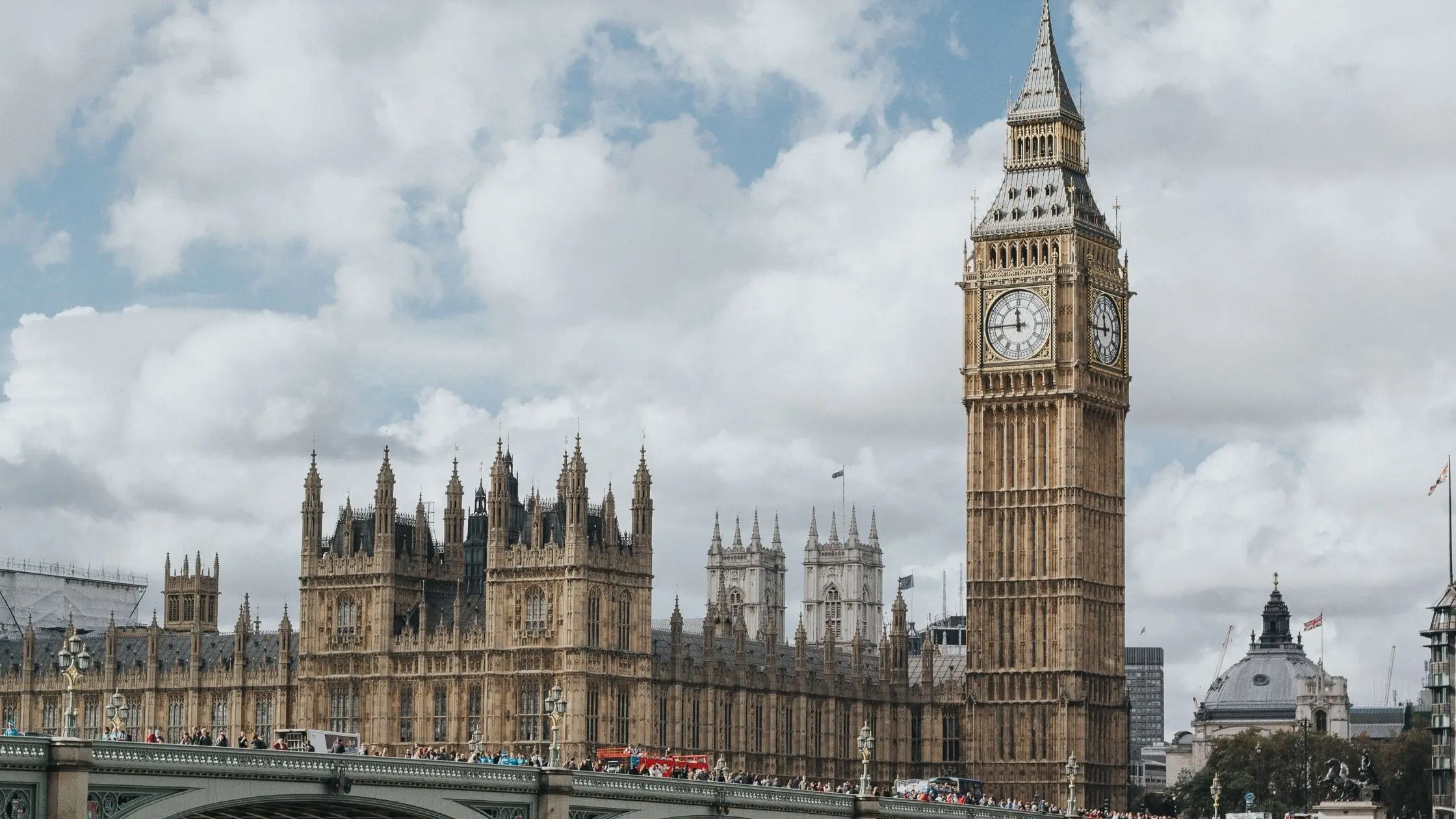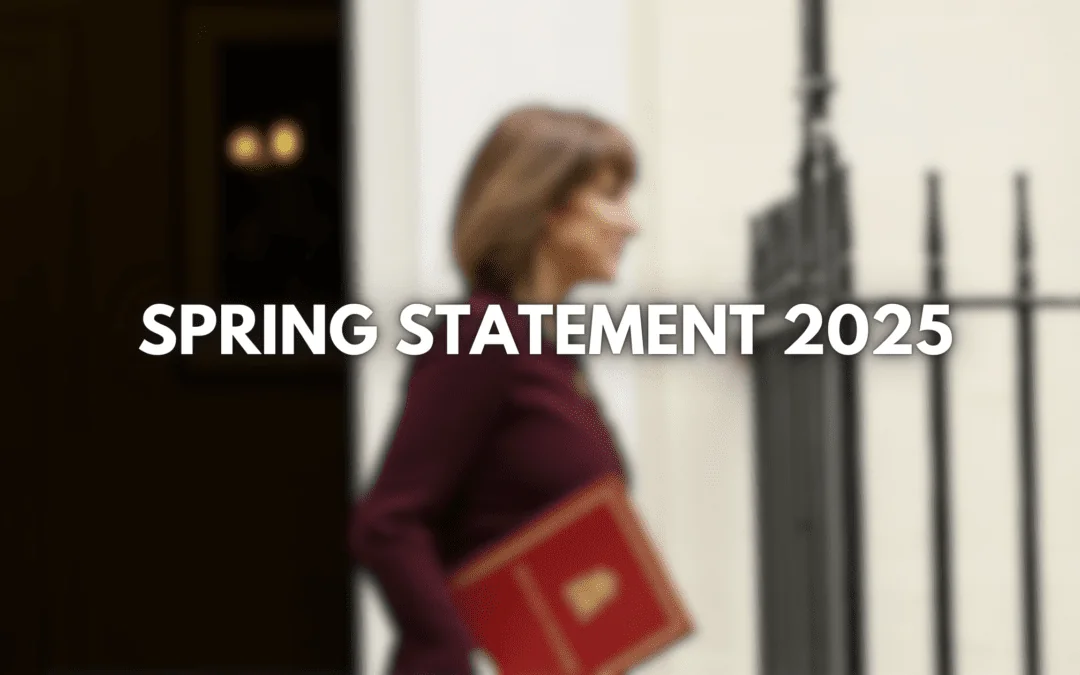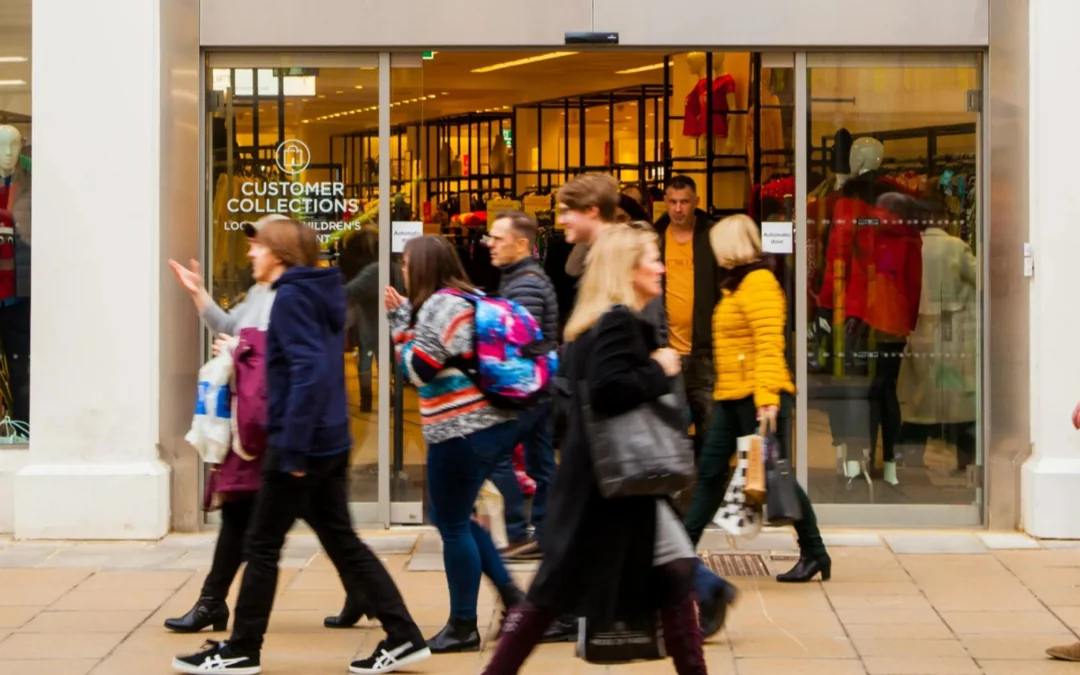The Transition Period for officially ends 31/12/2020 at 11pm, with the post-Brexit trade deal between the UK and EU having been signed into law.
The deal was finalised on Christmas Eve, there will also be changes to how people travel between the EU and UK, and to the way people live and work.

Image credit: Leon Neal/Getty Images
What is in the Deal? (source: The Guardian)
Tariffs
The backbone of the deal is tariff-free and quota-free access to one of the world’s biggest markets, and goes beyond the EU’s deals with Canada or Japan.
Trade
There will be mutual recognition of trusted trader programmes; this means that UK producers will have to comply with both UK and EU standards.
Professional qualifications
There will be no more automatic recognition for doctors, nurses, architects, dentists, pharmacists, vets, engineers. People in those professions will now have to seek recognition in the member state they wish to practise in.
Mobility – freedom of movement
UK nationals no longer have the freedom to work, study, start a business or live in the EU, with visas required for stays over 90 days. Coordination of some social security benefits, such as old-age pensions and healthcare, will make it easier to work abroad and not lose any pre-existing build up of contributions to national insurance.
State aid
The UK will set up its own subsidy regime; the new domestic enforcement body can make decisions over whether state aid has distorted trade after the subsidy has been granted.
The UK will have to ensure that its subsidy regime respects key principles set out in the treaty. The deal also allows both parties to adopt remedial measures if there is evidence that the domestic enforcement body has failed to uphold the shared principles.
Standards or level playing field
Both sides have agreed on a minimum level of environmental, social and labour standards below which neither must go. Ursula von der Leyen has said that after four years there would be a review, to ensure the level playing field was working.
One of the biggest sticking points in the talks was the EU’s insistence on an “evolution clause”, or “equivalence mechanism”, as Downing Street termed it. This would have allowed the EU to unilaterally apply tariffs on UK goods in the event of standards diverging over time. If one side upgraded their rulebook, the other would have to follow, or face consequences. In the end, compromise was reached. It bears a closer resemblance to the UK objective than that of Brussels. The British government had merely wanted a reflection point in the future where the two sides could discuss upgrading the basic minimum below which neither could go.
The deal provides for a review and “rebalancing” clause, which allows either side to initiate a formal review of the economic parts of the deal, including the minimum level of standards. If either side drags their feet on agreeing a new floor for standards, the other may apply tariffs subject to the approval of an independent arbitration panel.
Rules of origin
This determines what goods count as “made in Britain”. The UK persuaded Brussels that EU materials and processing should to be counted as British input when the completed products are exported into the European market.
A product would therefore only attract tariffs under the agreement if more than 40% of its pre-finished value was either not of British origin or from a non-EU country.
The UK failed to secure diagonal accumulation, which would include parts from countries such as Japan and Turkey, with whom the UK and the EU have a trade agreement, to be counted as British input.
Dispute resolution
This was one of the most difficult areas of negotiation as it will set remedies for trade disputes for decades to come. Angela Merkel has said disagreement over an arbitration mechanism was the biggest obstacle to a deal.
The EU was concerned that the UK could, over time and depending on which government was in power, deviate so far from EU standards that it could carve out a significant competitive advantage and become a “Singapore on Thames”.
If either party feels trade is being distorted, it can take measures after consultation. An arbitration panel would meet within 30 days and adjudicate. If the measures were later seen to have been deemed erroneous or excessive, the aggrieved party would be able to take compensatory measures.
It also appears there will be some kind of overarching UK-EU governance committee which will have subcommittees to implement and enforce the treaty.
Science
The UK will continue to participate in the EU’s flagship €80bn Horizon Europe programme as a paying associate member for seven years. It will also continue in Copernicus and Euratom.
Erasmus
The UK is out of the university exchange programme.
The Irish government on Thursday confirmed students in Northern Ireland can continue to access Eramus as part of its promise to make sure Irish citizens in the region “will never be left behind” their fellow citizens south of the border. Citizens in Northern Ireland can also avail of a scheme to replace the European health insurance card (EHIC) funded by the Irish government.
Travel into the EU for paid work
Staff seconded to the EU on business can stay for up to three years if they are managers and specialists, and up to one year for trainee employees. Those on short-term business will need a work permit, and may stay for a period of up to 90 days in any 12-month period.
Experts have warned that British business travellers and posted workers – those that stay in the EU to work for a limited period of time – face fines unless they get advance authorisation once the UK leaves the single market.
Under the deal, reciprocal arrangements have been made “to facilitate short-term business trips and temporary secondments of highly-skilled employees”.
Transport
Aviation and haulage will continue as before with passenger and cargo planes still able to fly and land in the EU including stopover flights from Heathrow and elsewhere in the UK that originated from outside the UK. Hauliers will also be allowed to continue to drive without special permits allocated in limited numbers to countries outside the EU. This comes as a relief to the logistics industry which feared drivers being locked out in significant numbers.
The deal hinged on the UK remaining a member of the European Common Aviation Area. However planes will continue to fly in a temporary deal, which will have to be renegotiated urgently.
Source: From tariffs to visas: here’s what’s in the Brexit deal, The Guardian
You can find more details about the Brexit deal from the UK Government here.





